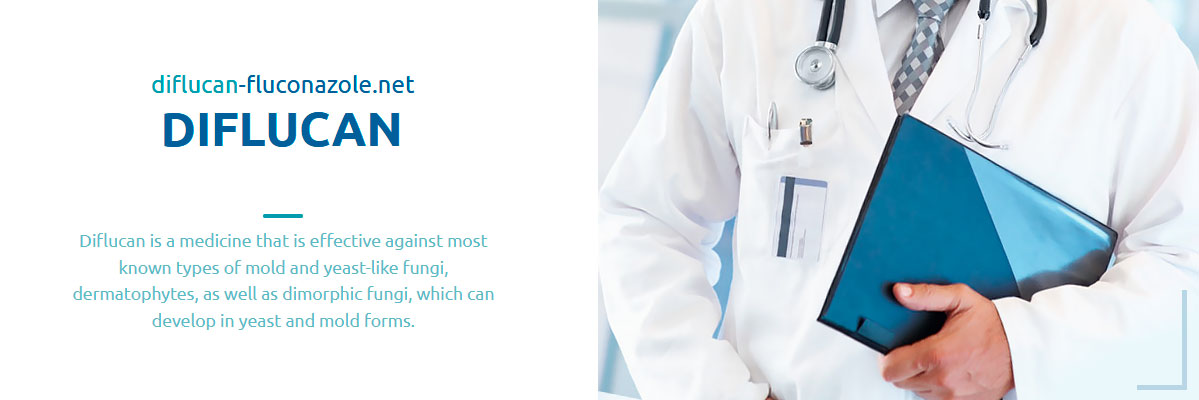Some of you have probably met with a disease that initially occurs in children under two years of age, and by adolescence, fortunately, is already gone. Eczema is a disease that affects the skin, accompanied by itching and dry skin. According to statistics, 15-20% of children suffer from eczema.
The second name for this disease is atopic dermatitis. You can “catch” this type of dermatitis when allergens enter the respiratory organs (for example, pollen, animal hair components, dust) or organs involved in the digestive process (substances that cause food allergies). Dermatitis can accompany a person throughout life, but usually it develops and disappears in childhood, up to 3 years. Atopic dermatitis manifests itself in the form of red irritations on the surface layers of the epidermis. At the same time, the skin begins to dry, itch, and subsequently, on the lesions, one can observe the appearance of weeping (serous fluid from bursting papules) with an admixture of blood droplets. Very often , eczema , atopic dermatitis , occurs on the hands, face and neck, on the elbows and in the popliteal region. Negatively on the body during the period of the disease affects the infection that enters the body through the affected areas of the skin.
Where does the disease begin?
Specialists involved in the study of chronic skin diseases cannot accurately determine the cause of eczema, dermatitis, psoriasis, and so on. A special role in this process is assigned to the genetic factor – that is, the disease is largely hereditary. The calm course of the disease, the stage of remission, does not cause any trouble to the patient, but can be interrupted at any time by a sudden exacerbation. Often, an exacerbation is associated with the body’s reaction to provoking factors (stress, illness, etc.) or contact of the skin with allergen substances.
Household chemicals, shampoos, bath foams or even soap can act as an allergen. In case of exacerbations, doctors advise changing the brand of washing powder or shampoo, as this can help improve the patient’s condition. By the way, some people have allergic reactions to jewelry (more precisely, to the metals they contain).
Following atopic dermatitis, the patient may develop contact dermatitis. In advanced cases, if left untreated, eczema and dermatitis can spread over the entire surface of the skin, which causes unbearable physical and psychological suffering to the patient.
Treatment Methods
Treatment of the disease directly depends on its severity. Usually, for eczematous pathologies, ointments containing hormones, lotions or creams with a softening effect are prescribed – this is with a mild course of the disease. External preparations are recommended to be applied to the affected areas of the skin several times a day, thereby ensuring optimal hydration of dry skin.
If a complex, severe form of the disease suddenly develops, due to the penetration of infections of various kinds into the lesions, a patient with eczema is prescribed a course of antibiotics.
Before buying any drug, a specialist consultation is required, since all drugs are different, have a different spectrum of action and may not produce the desired effect in one case or another. In addition, corticosteroids, hormones, traditional medicine are strongly discouraged from being used on their own, without a prescription from the attending physician. This is a mandatory rule and the key to successful treatment of the disease.
